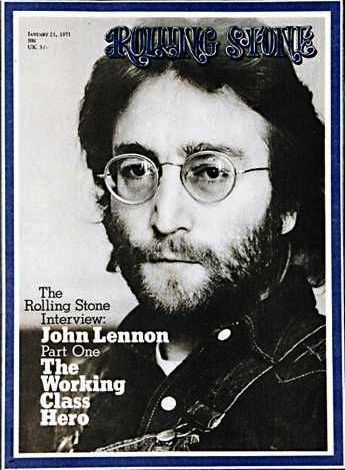
FROM THE MOUTH OF JOHN LENNON
by Suzanne O’Connell
Once out of me mouth I just rolled into it.
I’ll never be an old man smoking and fighting.
I’ve been like this all me life.
Despised, blinking fits,
a complicated loser.
In a nutshell,
I was born on the concrete flats.
I was an offhand thought.
But now it’s all right.
It’s a new morning.
I’m no bullshit for once.
I used to expect too much.
Now it’s all about me.
Once out of me mouth, it’s secure.
Once I realized that
the bigger the pain,
the more god you look for,
I rolled into it.
Now, it’s all right.
SOURCE: “The Rolling Stone Interview: John Lennon, Part I” by Jann S. Wenner, Rolling Stone (January 21, 1971).
NOTE FROM THE AUTHOR: Why John Lennon? I have always felt he was a kindred spirit. Loved his music and who he was.
ABOUT THE AUTHOR: Suzanne O’Connell lives in Los Angeles, where she is a poet and a clinical social worker. Her work can be found in Forge, Atlanta Review, G.W. Review, Reed Magazine, Permafrost, Mas Tequila Review, The Round, The Griffin, Sanskrit, Foliate Oak, Talking River, Organs of Vision and Speech Literary Magazine, Willow Review, The Tower Journal, Thin Air Magazine, The Manhattanville Review, The Evansville Review, Serving House Journal, Schuylkill Valley Journal, and Licking River Review. She was a recipient of Willow Review’s annual award for 2014 for her poem “Purple Summers.” She is a member of Jack Grapes’ L.A. Poets and Writers Collective.











